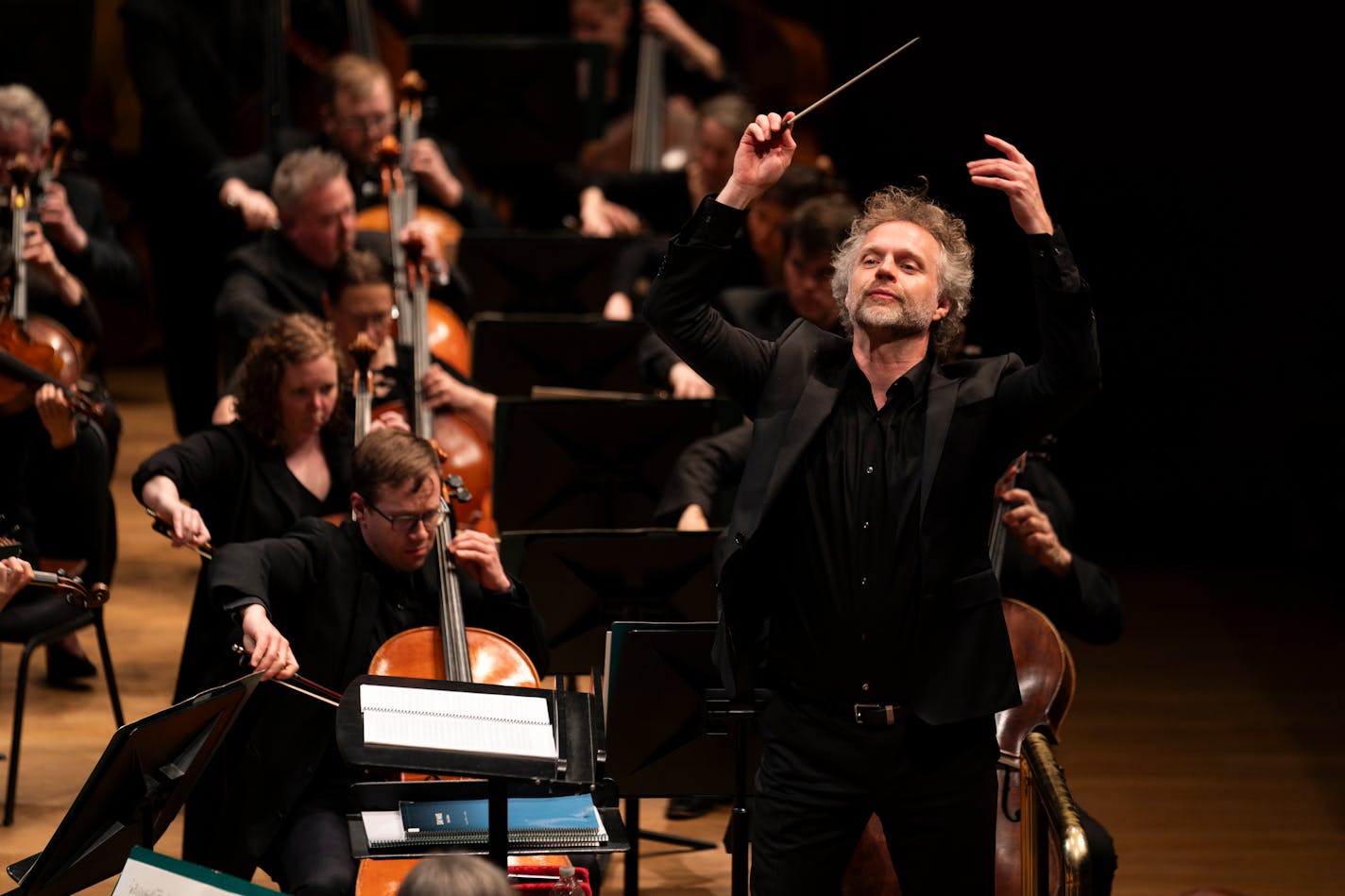The Minnesota Orchestra Reports Record Revenue, Despite 5th Budget Deficit
Citing the loss of federal funds, the orchestra has reported a $3.8 million deficit for the 2024 fiscal year
In the past financial year, The Minnesota Orchestra operated at a loss of $3.8 million on expenses of $42.6 million. As reported in The Minnesota Star Tribune, this is the fifth deficit the nonprofit has reported in the last six years.
Despite this, the orchestra’s interim president and CEO Brent Assink stated that ticket sales are up this season as audiences welcomed its new Music Director Thomas Søndergård, who is now entering his second season with the ensemble.
Overall, revenue reached a record $11.6 million in 2024 — a 22% increase over the previous year. The record is also attributed to Orchestra Hall being filled to 75% paid capacity and 83% total capacity — an increase from the previous season.
The orchestra’s previous deficits were from before the COVID-19 pandemic, when it posted an $8.8 million deficit in fiscal year 2019, and a $11.7 million operating loss the following year due to the pandemic. For 2022, the operating loss was reported at $656,000.
Federal support had once provided the orchestra $4.5 million in forgiven Paycheck Protection Program loans, and allowed it to post a surplus of $1.1 million in the fiscal year 2023. For 2024, contributions such as grants, donations, and trust distributions reached $25.8 million (compared with $32.6 million the year before).
On whether the orchestra could fill its budget loss without federal assistance, Assink stated that encouraging donations and building its philanthropy base would be the primary focus. Until then, the nonprofit has reduced its staff and office space as it works on raising funds.
“We’ve got a dedicated board, dedicated staff and extraordinarily gifted musicians — sounds perfect in every way,” Assink expressed in the Star Tribune. “And if you don’t have those things, trying to fix the financial challenges would be infinitely harder.”
“It’s amazing to see that the audience still so clearly wants us to be here, and wants us to be making music,” added violinist and chair of the Minnesota Orchestra Members Committee, Emily Switzer. “None of us like to see a deficit. I think we can all agree with that. But it’s shrinking.”





































